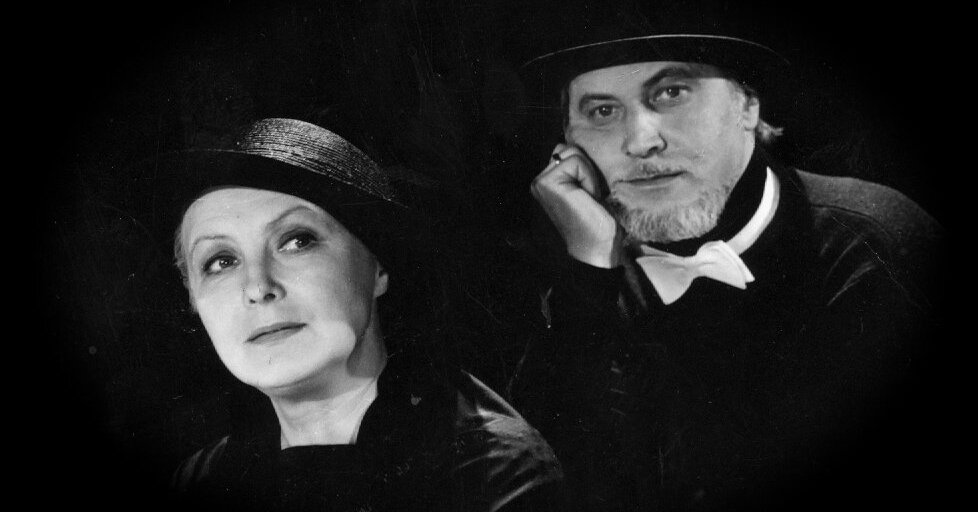Content will continue after the ad
Advertising
–
The director will talk about the confrontation between the two ideologies and the problems they caused in making the film “Theater” (1978) addressed to the Soviet audience, the characters of which were members of the bourgeois society, and the author of the novel Somerset Moems was not considered a Russia as a spy who was infiltrated the English embassy to operate in the Locart conspiracy group.
LU FSI Leading Researcher, Dr. phil. Mara Kiope writes about the film “Theater” and its significance in the Soviet context as follows: “In the finale of the film” Theater “Julia – Vija Artmane, pointing to the public space, to public life, says:” There, there is a theater! … “And after “The real life is here,” says actress Julie, or Vija Artmane herself, making a hand-to-heart movement or perhaps a place where the soul dwells. Philosophers know that one should refrain from showing the soul’s place in the body because it is spiritual. and therefore intangible, but it is very likely that at times it is most felt internally even where the actress shows – about above the heart.Where we subconsciously touch when we feel great agitation or breath drops and inflows, because breath, breath (gr. pneuma ) also means the spirit.
The researcher continues: “The impressions of the daily life of” Soviet spirituality “in the soul were carried away by flood waters as small twigs, in Rainis’ words,” living a living life in a living life “- the world of humanity in books, films, theater performances, art exhibitions, poetry, concerts, song festivals the reunion of friends and family, in all that nourished the soul with human dignity.
“The film” Theater “showed – no, not England – Latvia, which we were deprived of when Soviet tanks entered. Despite the lack of finances, which led to thousands of moves to figure out how to create” English “costumes and interiors in poverty, our actors The lifestyle, manners and feelings of the “foreigners” were played out organically in the film, as we were already those “foreigners” in the Soviet system, and our actors allowed us to forget “now and here” to be present in a thriving European country if it had continued to exist and develop. But if we woke up one morning in the “happiest” Soviet country in the world, the movie “Theater” became a kind of inverted mirror. From the “critique of bourgeois vices” as it was presented to win all censorship and prohibition commissions, it became the accuser of the Soviet system: “There, there is a theater!”, “explains Kiope.
Link to the virtual meeting with director Jānis Streiči on the platform “Zoom” on April 29, 2021, at 6 pm – here.
–


